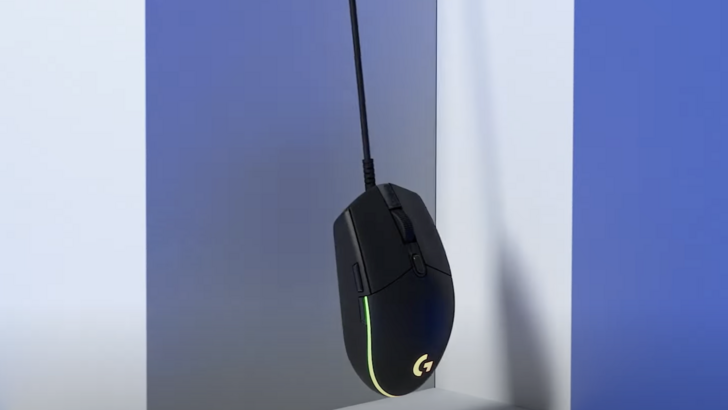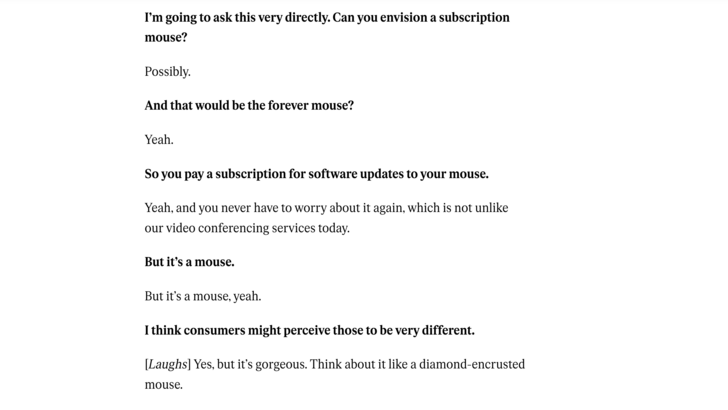Logitech CEO's "Forever Mouse" Concept Sparks Debate
Logitech's new CEO, Hanneke Faber, recently unveiled a potentially disruptive concept: the "forever mouse," a premium gaming mouse with ongoing software updates delivered via a subscription service. This idea, discussed on The Verge’s Decoder podcast, envisions a high-quality, long-lasting mouse comparable to a Rolex watch in its longevity and value. However, the subscription model has ignited a firestorm of debate among gamers.

Faber's vision centers on eliminating the need for frequent mouse replacements. While the hardware itself might require occasional repairs, the core functionality would be maintained indefinitely through software updates. This contrasts sharply with the current trend of frequent technological upgrades. She emphasized the potential for a subscription model to offset the high cost of producing such a durable product. Alternative models, such as a trade-in program similar to Apple's iPhone upgrade program, are also under consideration.

This "forever mouse" isn't a far-off fantasy; Faber suggests it's closer to reality than many might expect. The subscription, she clarified, would primarily cover software updates, mirroring the model used for some video conferencing services.
The concept aligns with a growing industry trend towards subscription-based models. Examples abound, from streaming services to even printing services (HP's 20-page-per-month plan). Gaming itself is seeing increased subscription costs for services like Xbox Game Pass and Ubisoft+.

However, the online reaction has been largely negative. Gamers have voiced significant skepticism and even ridicule towards the idea of paying a recurring fee for a mouse. Many social media comments highlight the perceived absurdity of subscribing to a peripheral, with some jokingly suggesting Ubisoft should have been the first to implement such a model.

The future of the "forever mouse" remains uncertain, but its unveiling has certainly sparked a crucial conversation about the evolving business models in the gaming hardware market and the consumer response to subscription services extending beyond software and entertainment.





 LATEST ARTICLES
LATEST ARTICLES 












